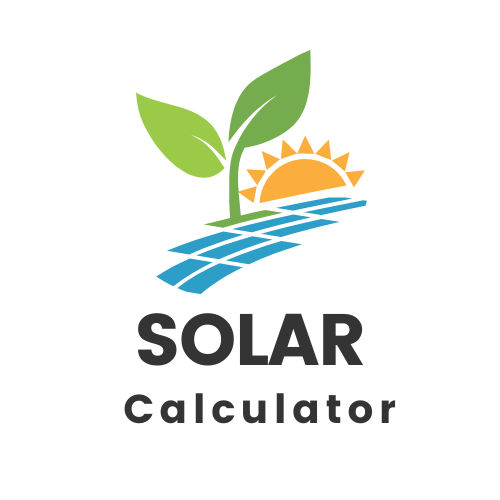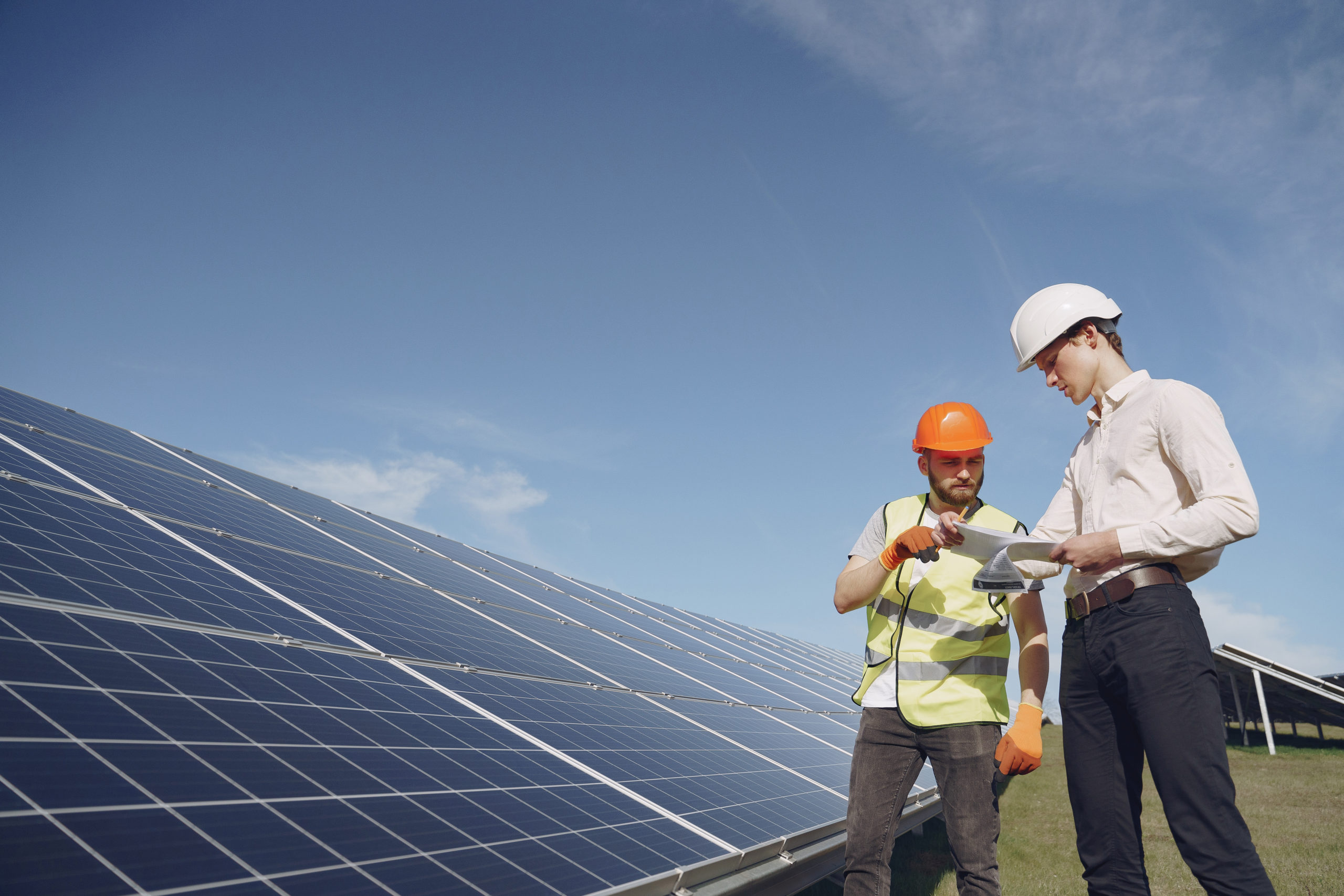Solar panels have become a symbol of our quest for clean and renewable energy. They silently convert sunlight into electricity, reducing our carbon footprint and energy bills. However, like any technology, they require proper maintenance and the ability to troubleshoot common issues to ensure they perform efficiently over time. In this guide, we’ll delve into the world of solar panel maintenance and troubleshooting, empowering you to harness the full potential of this incredible energy source.
The Basics of Solar Panel Maintenance
Solar panels are known for their low-maintenance nature, but even they need a little care to keep performing at their best. Here’s what you need to know:
Regular Cleaning:
Ensuring the upkeep of your solar panels is crucial, and one of the most straightforward yet highly efficient maintenance practices involves regular cleaning. Over time, the buildup of dirt, dust, and debris can have a detrimental effect on their overall efficiency. To tackle this concern, a gentle wash using a soft brush and water can produce exceptional outcomes.
Inspection of Physical Components:
Routine inspections can help you spot issues early. Check for cracks in the glass, loose connectors, and ensure that all wires and connections are secure.
Trimming Surrounding Vegetation:
If trees or bushes cast shadows on your panels, it can reduce their efficiency. Regularly trim the surrounding vegetation to maintain uninterrupted sun exposure.
Seasonal Maintenance:
Different seasons may require specific attention. For example, in the winter, it’s essential to remove snow buildup to ensure your panels can generate electricity effectively.
Troubleshooting Common Solar Panel Issues
Despite regular maintenance, solar panels can encounter issues. Being able to troubleshoot these problems can save you time and money. Here’s how to address some common issues:
Reduced Power Output:
When you notice a decline in energy production, it’s vital to explore potential factors like soiled panels, shading, or a malfunctioning inverter. Conduct regular checks to identify shading issues and adhere to a consistent cleaning regimen for your panels. If the problem continues, it is prudent to engage the services of a certified professional for further assistance.
Inverter Failures:
Inverters are critical components that convert DC power to AC power. If you encounter inverter issues, consult a technician. Ensure the inverter is in a well-ventilated area and protected from direct sunlight.
Faulty Wiring:
Power loss can result from loose or corroded wires. It is crucial to conduct routine examinations of the wires and connections to identify any indications of damage or deterioration. In the event of such issues, promptly replace any impaired components to maintain the efficiency of your solar panel system.
Bird Droppings and Pest Infestations:
Bird droppings can be corrosive and reduce efficiency. To prevent pest issues, consider using netting or bird deterrents around your panels.
Hail or Weather Damage:
Solar panels are engineered to endure tough environmental conditions; however, extreme weather events like hailstorms can potentially inflict harm. Following such incidents, carefully examine your panels for any visible damage and, if necessary, seek the guidance of a qualified professional to assess and address any issues.
The Importance of Monitoring Systems
Advanced monitoring systems can help you keep a close eye on your solar panel’s performance. These systems track daily energy production and provide real-time alerts for any anomalies. By investing in monitoring technology, you can identify issues early and address them before they become significant problems.
The DIY vs. Professional Dilemma
Although homeowners can manage numerous maintenance tasks, it’s crucial to be aware of your expertise boundaries. Certain matters, particularly those involving electrical systems or inverter complications, are best left to skilled professionals. Prioritizing safety is paramount when engaging with solar panels to ensure the wellbeing of both your system and yourself.
Maintaining Your Solar Panels for Longevity
Solar panels are built to last, with an average lifespan of 25-30 years. To extend their lifespan, here are some additional tips:
Regular Inspections:
Incorporate the routine inspection of your solar panels into your calendar, preferably every few months. This proactive approach is instrumental in promptly identifying and addressing minor issues before they can escalate and compromise the effectiveness of your solar panel system.
Upkeep of Surrounding Area:
Keep the area around your panels clean and free of debris that could lead to damage or shading.
Regular Professional Check-ups:
Having a professional inspect your system annually is a wise investment to ensure all components are working correctly.
Keep Records:
Maintain a log of your maintenance activities and any issues you encounter. This will help identify patterns and improve your maintenance strategy.
Conclusion
Solar panels represent a sustainable and economical means of powering your residence or commercial enterprise. Through the adoption of effective maintenance practices and the ability to address prevalent issues, you can uphold the reliability of your solar panel system as a consistent source of clean energy over the long term. The regular maintenance not only enhances efficiency but also plays a part in the collective endeavor towards a greener and more sustainable future for all.
Remember that while maintaining your solar panels can be a DIY endeavor to some extent, always consult a professional for complex issues to ensure the safety and longevity of your system. With the right care and attention, your solar panels can continue to harness the sun’s power for decades, making a significant contribution to a cleaner and more sustainable planet.

